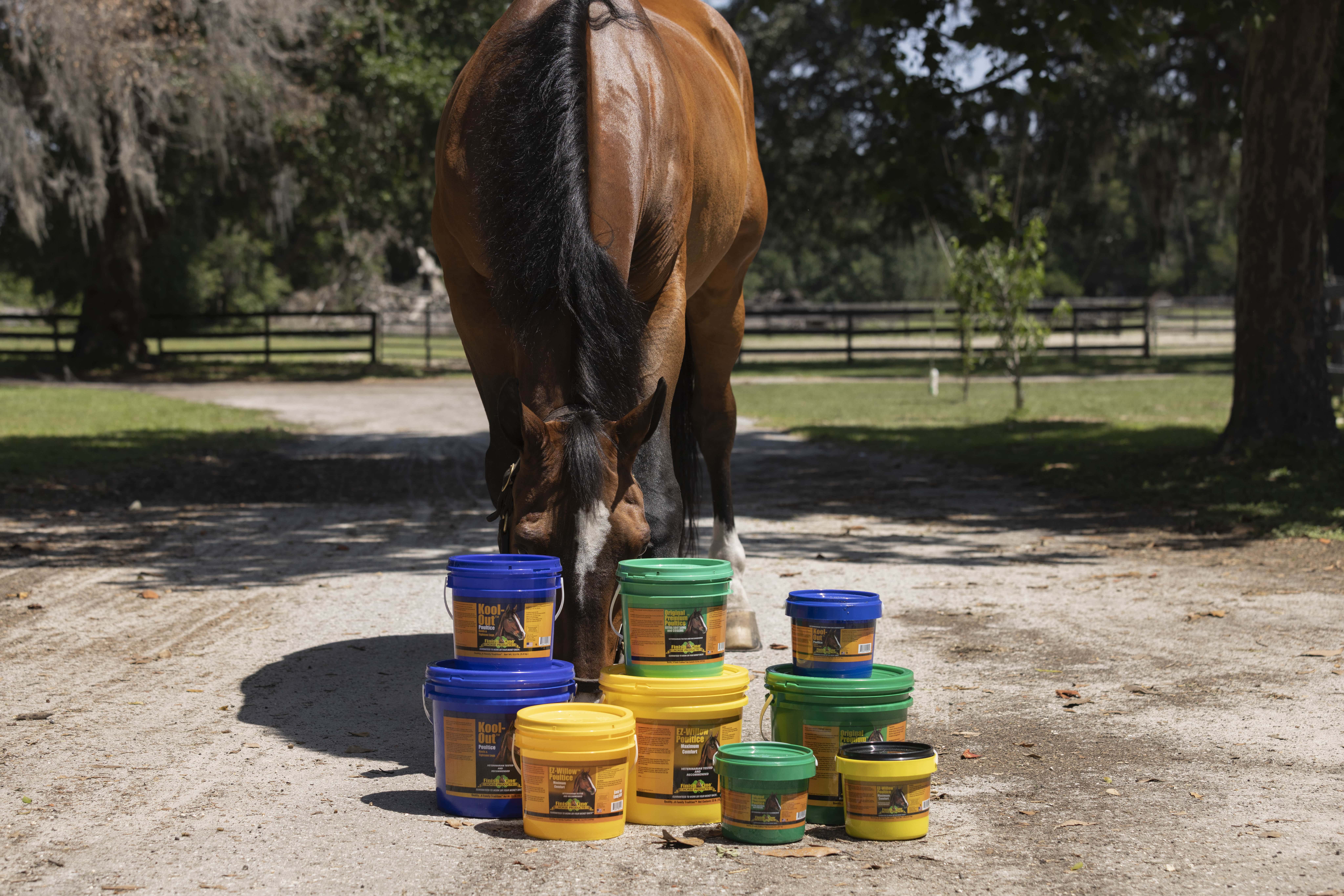Due to the aggressive deworming practices that have been common over the last few years, parasites have been building up a resistance to many of the drugs meant to kill them. Prolonged exposure to the medications have allowed the parasites to evolve, thus rendering the drugs less effective. In an effort to halt this process, vets are now recommending a practice of selective deworming, which only requires drugs to be administered when they are absolutely necessary.
A new practice
Selective deworming dictates that horses receive anti-parasite drugs based on their fecal egg counts (FECs). To determine a horse’s FEC, a veterinarian will measure the number of parasite eggs that are found in a horse’s fecal matter. Only when this count is very high will anti-parasite drugs, known as anthelmintics, be recommended. This is a significant departure from traditional deworming practices. Previously, horses would receive anthelmintics every two months as a blanket preventative measure. Doing so, however, has given parasites the opportunity to develop their own immunity toward the drugs due to maximum exposure.
Low FECs indicate that, while parasites may be present in the horse, they are in such low numbers so as to be virtually harmless. The measure of parasite eggs in a horse’s feces indicates the likelihood of the horse spreading large numbers of the organisms into the environment. If a horse is a “low shedder” (one that does not release many eggs in its stool), then it doesn’t present a serious risk to other horses and thus is not in need of aggressive deworming drugs.
The effectiveness of selective deworming
A study of 991 different horses on farms in Denmark and Northern Kentucky found that selective deworming has both positive and negative effects. On the one hand, those farms that relied heavily on selective deworming had a higher prevalence of parasites in their horses. However, the upside is that when the deworming drugs were used, they were more effective. This indicates that only prescribing anthelmintics based on FECs results in parasite strains that are more susceptible to the drugs. However, the relatively low frequency with which the drugs are administered causes higher total parasite counts in a given population.
This particular study only focused on one species of parasite, Strongylus vulgaris, so further research is necessary before more conclusive results can be made. The takeaway is that there is a certain tradeoff between parasite prevalence and drug-resistance, both of which are undesirable. Owners and vets must work together to develop a deworming regimen that minimizes both.








